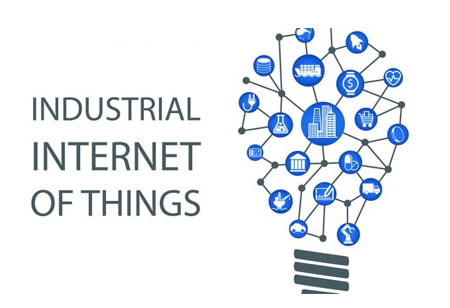THANK YOU FOR SUBSCRIBING
What is Data Management in Healthcare?
In the healthcare industry, the ability to manage data is becoming increasingly valuable. Incorporating data management into strategic

By
Apac CIOOutlook | Thursday, December 09, 2021
Stay ahead of the industry with exclusive feature stories on the top companies, expert insights and the latest news delivered straight to your inbox. Subscribe today.
Healthcare data management, also referred to as health information management (HIM), is the systematic organization of health information, particularly in digital form. This includes gathering, storing, retrieving, transferring, and safeguarding healthcare data.
Fremont, CA: In the healthcare industry, the ability to manage data is becoming increasingly valuable. Incorporating data management into strategic planning and business goals benefits healthcare providers, organizations, and networks. Effective healthcare data management is a critical component of healthcare data analytics, allowing healthcare data to be translated into meaningful insights. This, in turn, can lead to increased operational efficiencies, better patient care, and better health outcomes, all while safeguarding the privacy, quality, and security of healthcare data.
Healthcare data management, also referred to as health information management (HIM), is the systematic organization of health information, particularly in digital form. This includes gathering, storing, retrieving, transferring, and safeguarding healthcare data. Understanding and controlling how data is collected, where it comes from, how it is stored, and who has access to it is a large part of what healthcare data analysts do. Information is made readily available as well as accessible for data analysis in healthcare through healthcare data management.
Historically, data management in healthcare was quite primitive. Healthcare organizations have transitioned from paper files to electronic health records to store healthcare information. The healthcare industry is currently transitioning to a data-centric environment. This means that big data is collected, stored, and managed in relational databases utilizing data warehousing and cloud-based systems.
The government regulates data management in healthcare. All healthcare providers and organizations are required by federal law; specifically, HIPAA, to use data management practices that secure healthcare information and protect patient privacy.





